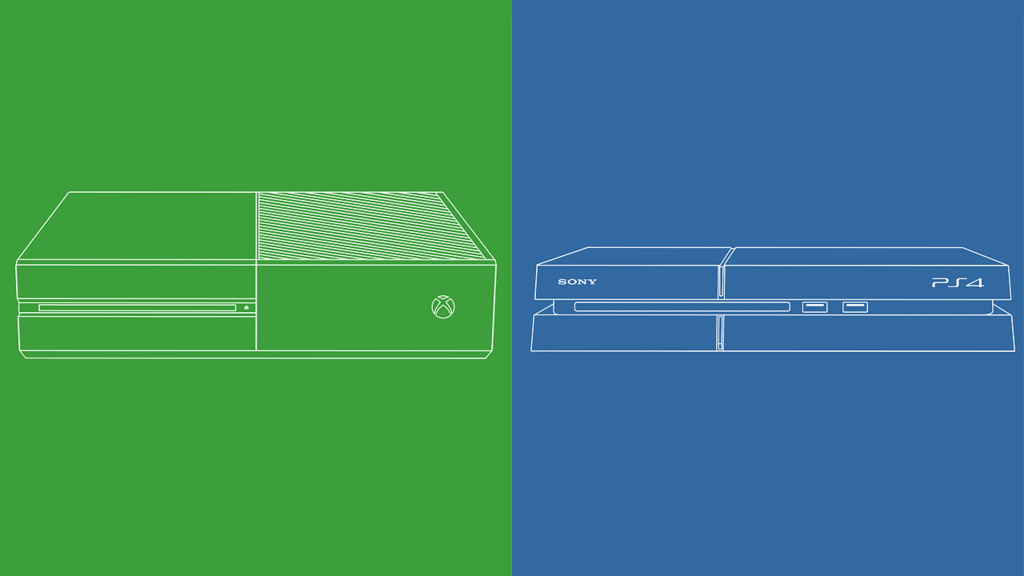As we come towards the latter half of a decade, many things in the gaming industry have changed. Some for the better and some for worse, depending on your point of view. The “Console Wars” was a phrase that was known to every gamer around the globe and an undeniable line was drawn in the sand. There are die-hard fans dedicated to one sole system and will not waver or dare cross the threshold to the other side. I myself was solely an Xbox gamer and refused to buy a Sony console for years until they lost my trust recently. In a war between technology behemoths, the only casualty is the consumer, left helpless to an ever-changing digital world.
The gaming industry had a routine for years that was anticipated and appreciated by their fan bases. It was created by the console wars and developed a system lifespan cycle of roughly 5-6 years. It is equivalent to Elder Scrolls fans waiting for their glimpse of a new rollout at E3 every summer (cough). So much hype built up for one weekend. One announcement. A time to show off that spectacle of a machine that has been tirelessly worked on so it can outperform their respective counterparts. My most memorable moment as an avid gamer would be playing Call of Duty for the first time on the Xbox 360 at launch, in complete awe of changes in technology and graphics capabilities compared the original Xbox released in 2001. I never imagined that consoles would advance this much in a little over a decade. We now have Sony releasing a new system with their PlayStation Pro, just 3 years after the release of their eighth-generation console, the PlayStation 4. Similarly, Microsoft is preparing to roll out their Xbox Scorpio in roughly the same lifespan. This type of unveiling of consoles was unprecedented a decade ago, but in a world with 4K and Virtual Reality gaming this was the most logical move.

PS4 vs. Xbox One
What does this mean for the little guys like me and you? I decided to consider the question of whether the gaming industry would eventually move to a digital world without physical copies of games, and what impact this would have on the everyday consumer. A world without GameStop (gasp), third-party vendors, and those amazing deals you can find on your local craigslist listing. Would this benefit the market and those who save up that extra bit of their paycheck so they can get that new release they have been eyeing for months? Well, you must look at the whole tamale if you want the real answer.
It is no secret that the tech-giants have been moving to a digital era but not without vitriol. Microsoft attempted to take the first step by requiring games to be tied to user accounts to be played, thus ending the ability to trade games among peers or third-party retailers. Some would argue this has nothing to do with the argument of the industry switching to digital, but that is not the case. This particular move would have given Microsoft the ability to eventually cut out used game retailers and vendors, which would give them free reign to choose how they release their games. The backlash that resulted from this stance was very intense and severe for Microsoft, although Sony did their best to fan the fire releasing a video on how to share games shortly after the blowback (see below).

